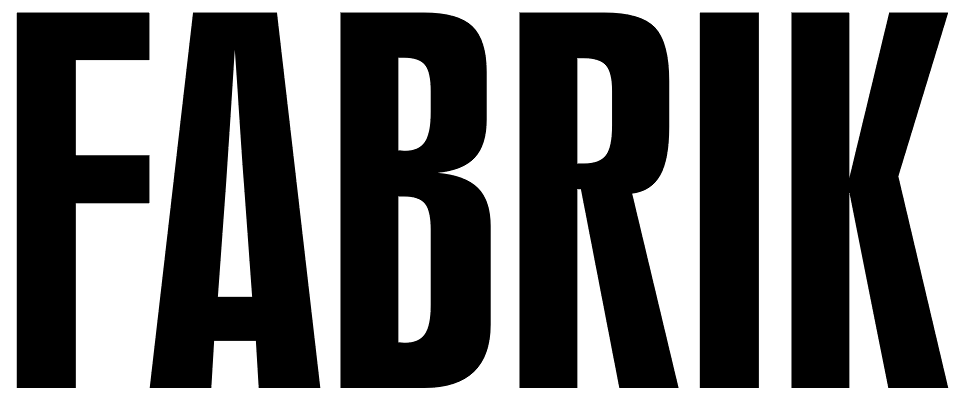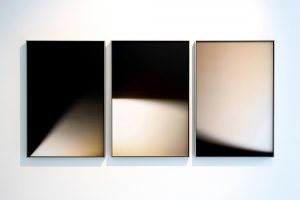SUPER VISION is the first United States solo exhibition of photographs by Berlin-based artist Stefan Heyne. SUPER VISION: The New German Abstraction is a contemporary survey of Heyne’s photo-based work (2004 – 2016), with an emphasis on his recent “SEAT” series of large format color abstractions. The show opens Saturday, February 25th, 2017 with a reception for the artist from 6 – 8 PM.
Since the late 1970s, German photography abroad bears the influence and legacy of the “New Objectivity” of the Becher School (aka Dusseldorf School) and its well-known protagonists, such as Andreas Gursky, Candida Höfer, and Thomas Struth. Stefan Heyne’s “New German Abstraction” opposes this clarity and is emphatically non-representational. He has consistently pushed his photo-based images into radical abstraction and set aside visual clarity for the “indefinite”. In some early work, Heyne switched off the autofocus of a digital SLR camera (or deliberated used blur effects) to dissolve the shape and definition of his compositions. The result leaves the objects in his pictures in a state of uncertainty, resisting the usual observational parameters. Faint traces of things appear in the light, only to disappear again in the contiguous darkness.
In his recent large-scale color series of “SEAT” works Heyne achieves a radical degree of abstraction through the use of high definition reproductions of perhaps one of the purest motifs of all: the cloudless sky. The color spectra of pure light that are revealed in these images seem blurry and ‘out of focus’, but they are not – instead, the viewer is confronted with an endless depth of space. His emphatic abstractions are in essence, rigorous in their ‘realism’.
In her catalogue essay for Speak To Me (DKW), 2012, Curator Karen Irvine observed that, “Heyne is interested in making beautiful pictures that impart visual pleasure and spark the imagination. By frustrating our viewing process and our need to know what an image “is,” he forces our active participation in the work, and highlights the subjectivity of experience in the process. As he probes the boundaries of photography—how it is defined and what it can, and cannot, depict—he finds that there are none. In his deft hand, the camera becomes an instrument not of literal transcription, but poetic possibility.”
For more information, please visit: www.dianerosenstein.com













